Hunger-striking Palestinian inmate Kayed al-Fasfous to die any moment, doctors say
Israeli doctors have warned of rapidly deteriorating health condition of a Palestinian prisoner who has been on hunger strike for more than 120 days in protest against Israel’s policy of administrative detention, saying he is close to sudden death at any moment.
The Palestinian Information Center, quoting Kayed al-Fasfous' brother, reported on Sunday that doctors at the Israeli Barzilai Medical Center, where the Palestinian inmate is being treated, have told him that his brother has developed symptoms suggesting a clot in his blood, which could lead to his death.
According to Fasfous’ brother, the Palestinian hunger-striking prisoner is also suffering from irregular heartbeats, kidney problems, low blood pressure and serious decline in body fluids and vitamins.
The Palestinian Commission of Detainees and Ex-Detainees Affairs has already warned that the health condition of Fasfous is very critical and he might die at any moment.
Fasfous, 34, has been on hunger strike for 123 days. Israel’s administrative detention policy allows the regime to hold prisoners for long periods of time without charge or trial.
There are also four other Palestinians prisoners who have been on hunger strike with a similar cause.
Fasfous is the one with the longest period of strike among the five. The other prisoners are Alaa Aaraj with 98 days, Hesham Abu Hawwash, who has been on strike for 89 days, Ayyad Hureimi with 52 days, and Lo’ai al-Ashqar, whose hunger strike has lasted 34 days now.
The five Palestinians have been demanding an end to their detention, which is based on a “secret file” even their lawyers are not allowed to view. The so-called files are provided by the Israeli intelligence service.
Palestine PM urges immediate action to save Fasfous
Meanwhile, Palestinian Prime Minister Mohammad Shtayyeh has called on international human rights organizations to immediately act to save the life of Fasfous. “International human rights and humanitarian organizations are required to take urgent action to save the life of Fasfous, whose medical reports suggest that his health has entered the stage of severe danger,” Shtayyeh said on Sunday, according to Palestine’s official Wafa news agency.
More than 7,000 Palestinians are reportedly held in Israeli jails. Hundreds of them have apparently been incarcerated under the administrative detention. Some prisoners have been held in administrative detention for up to 11 years.
Over a dozen Palestinian lawmakers and nearly 20 journalists are also held in Israeli detention centers, several of them under the same detention policy.
In 2015, Israel approved a law that authorizes force-feeding the Palestinian prisoners on hunger strike, a practice rejected by the UN as a violation of human rights.
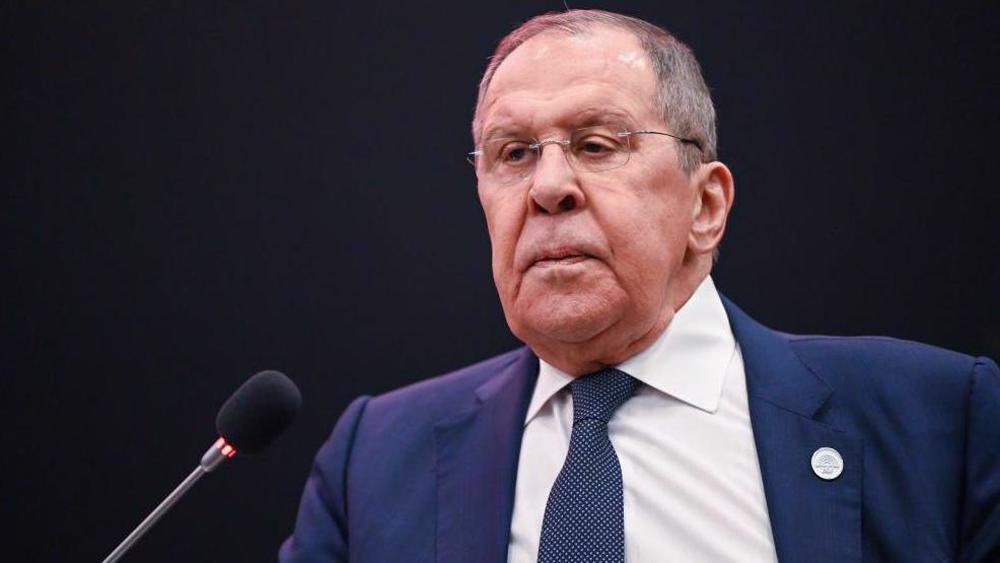
Russia’s Lavrov: Trump’s Gaza displacement plan ‘time bomb’ for region

Hamas: Deal reached with Israel to release 620 Palestinians following delay
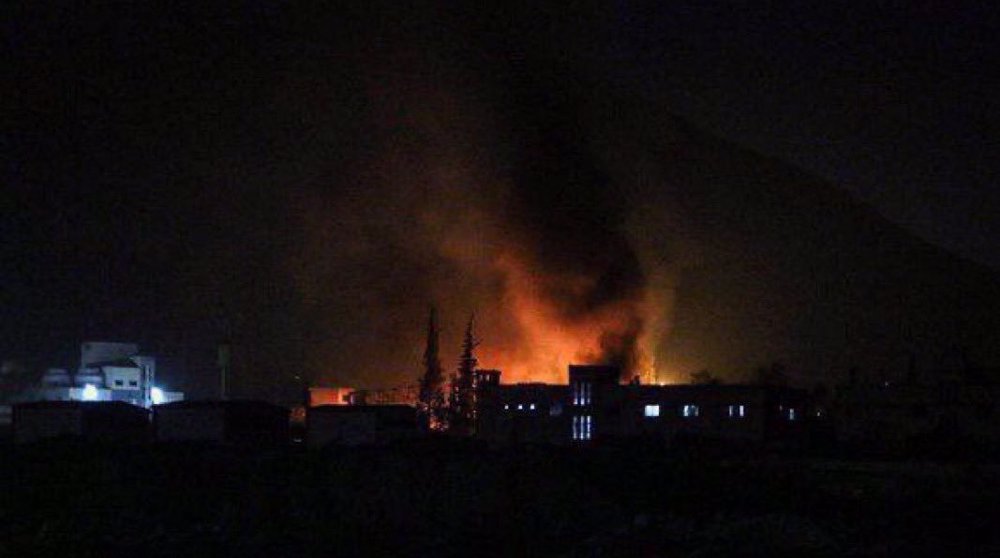
Hamas condemns Israeli strikes on Damascus, southern Syria
Iranian flotilla makes port call in India with 'friendship message'
How UK counter-terror police colluded with Zionists to detain me after Beirut trip
Biden, Blinken, Austin referred to ICC over Gaza war crimes
EU will 'do the same' if US implements tariff hikes: France
VIDEO | Press TV's news headlines
British celebrities condemn BBC removal of Gaza documentary
Iran Army acquires tactical vehicles, audio surveillance systems
VIDEO | UK police detain anti-Zionist scholar upon return from Lebanon


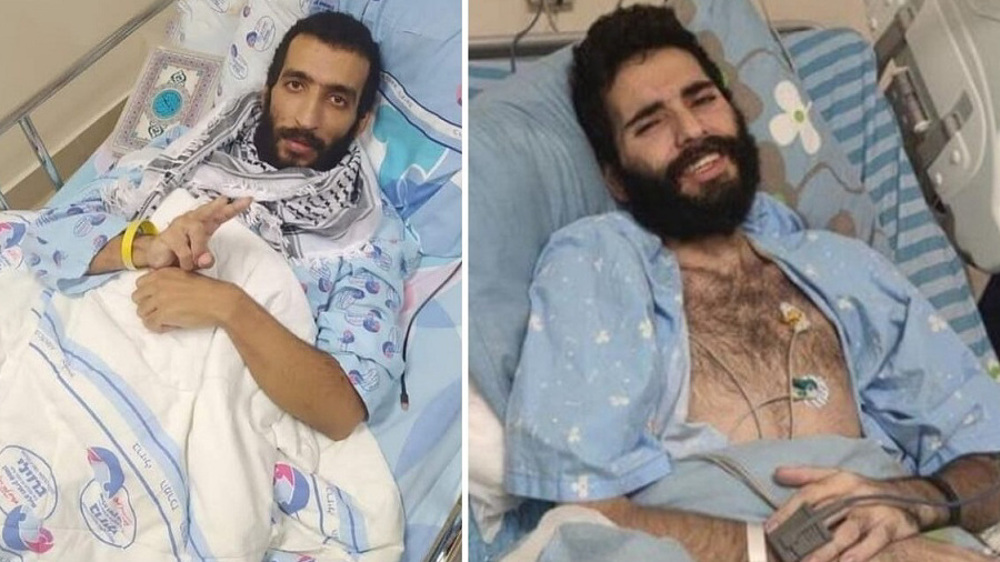




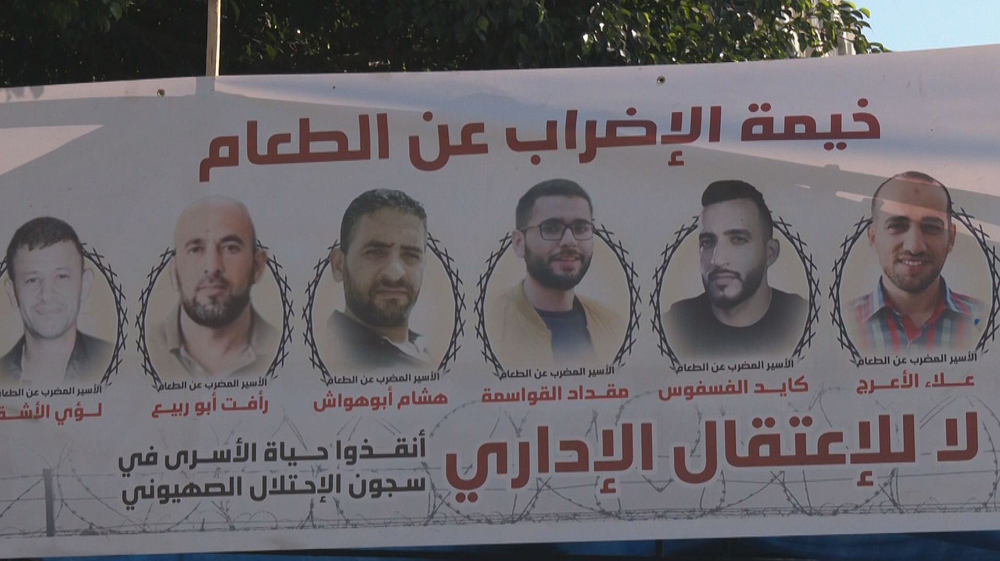
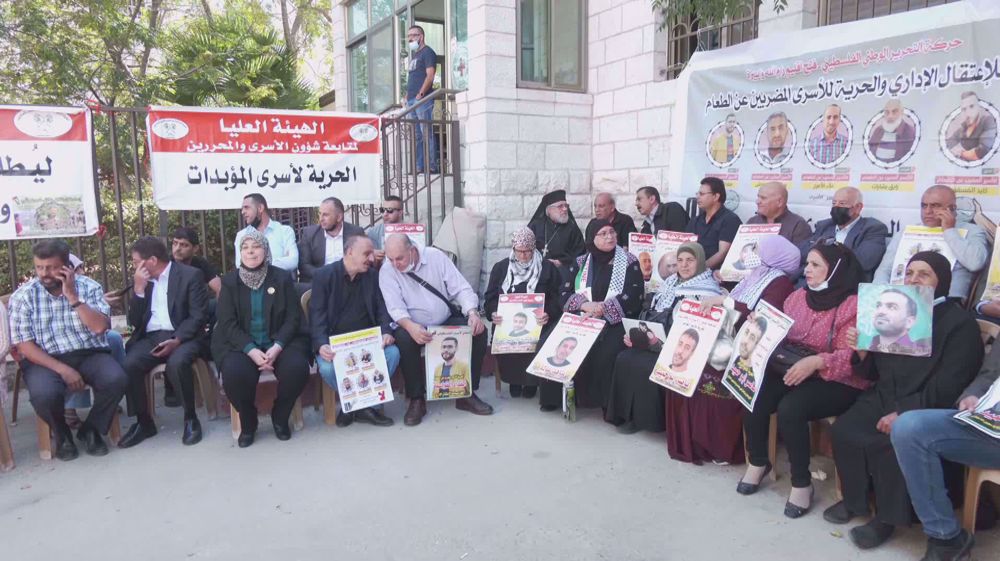
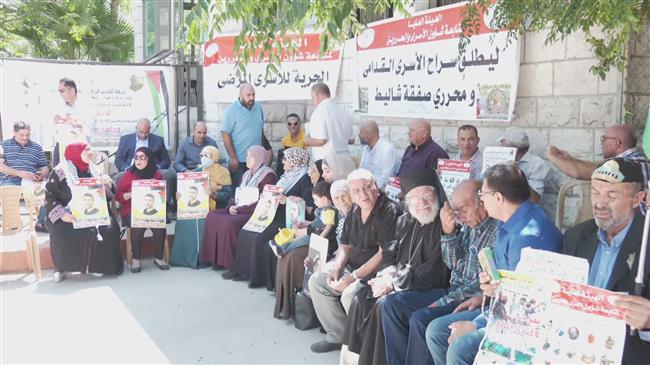
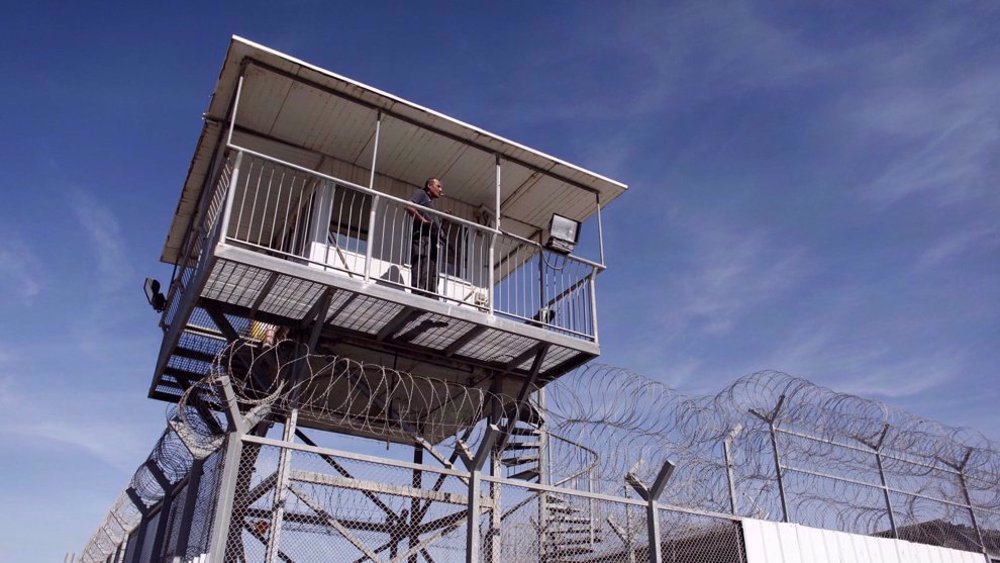

 This makes it easy to access the Press TV website
This makes it easy to access the Press TV website